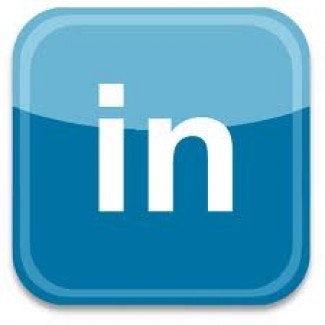Or should it be Digital Non-Film?
Not so long ago Eastman Kodak was one of the strongest companies in North America and a favorite of investors, such as the legendary Peter Lynch. But then everything started to go wrong culminating in the company seeking Chapter 11 bankruptcy protection in January 2012.
Kodak’s expertise was in making photographic film (holding a 90% market share in 1976). But the advent of digital cameras hit the photography market like a whirlwind, and traditional cameras became virtually obsolete in the space of a few years.

To help avoid these problems, I have used recruitment agencies. They charge a hefty percentage of a successful candidate’s salary and allow only a short period of time during which the fee is refundable.
But it usually takes a few months for the new employee to be ‘found out,’ leaving the unlucky employer (in this case, me) facing an expensive fee, while still having a problem with an unsuitable employee.
A few months ago I was looking to employ a sales person. I had been reading about Linkedin Corporation (NYSE:LNKD) on the Fool site, so I decided to give it a try.
I was able to place a job advert for around 120 pounds (about 180 U.S. Dollars). I received a wide range of replies from candidates with great C.V.’s and I was able to manage the recruitment process myself.
Don’t get me wrong, I can still choose the wrong person, but now I have a wider range of choice to choose from and the recruitment fee is a tiny fraction of an agency fee.
So the question crossed my mind: why would anybody consider using a recruitment agency? At that point I bought shares in LinkedIn.
Let’s consider the numbers. Mark Mahaney of Citigroup has estimated the size of the online jobs recruitment market to be $3 billion. LinkedIn had revenue of $243 million in 2010, $522 million in 2011, and recently reported revenue of $972 million in 2012. At face value, continued growth at this rate would give Linkedin Corporation (NYSE:LNKD) a 100% market share within 2 years! But I think we are looking at a different story. According to a research report by Koncept Analytics, the worldwide recruitment market in total is estimated to reach $369 billion in 2014. LinkedIn did not come to my attention as a replacement for another online service; it replaced a traditional recruitment agency. So it is not the paltry $3 billion that LinkedIn is going for; it has the entire, traditional worldwide recruitment market of $369 billion in its sights. The recent growth seems to indicate that LinkedIn is already encroaching into the traditional agency market, as this provides a plausible explanation as to how it could so quickly capture such a large share of a market ostensibly limited to just $3 billion.




